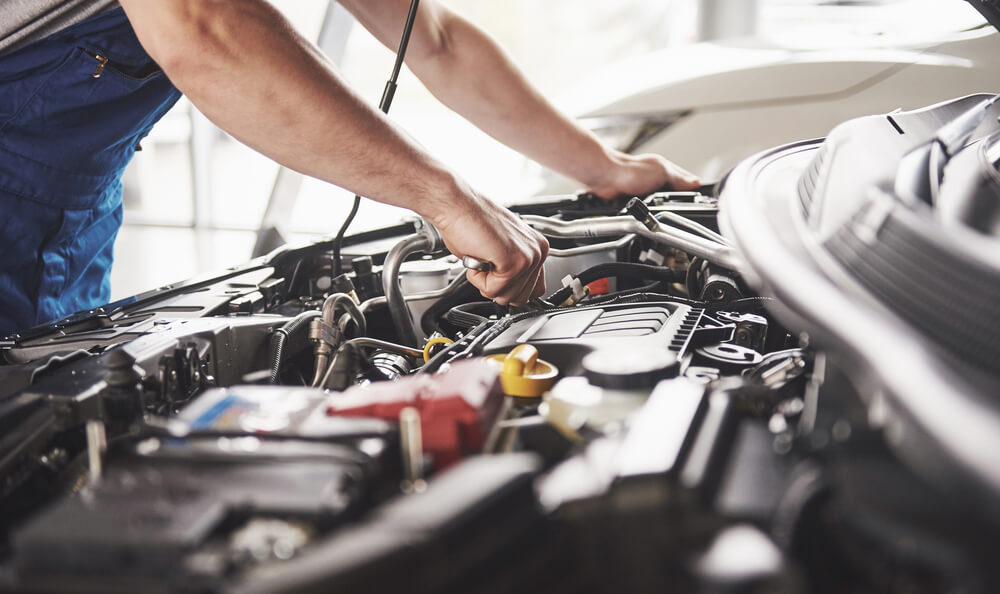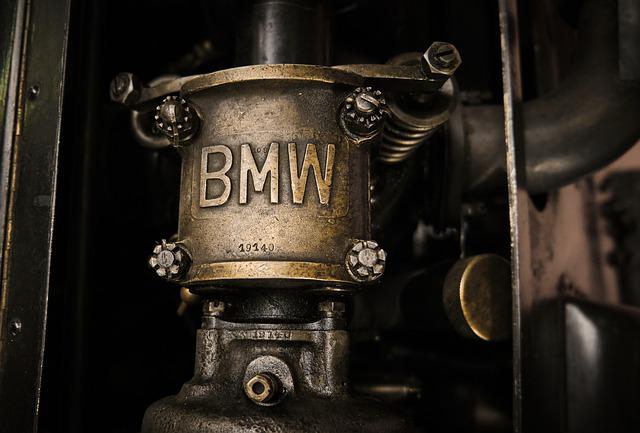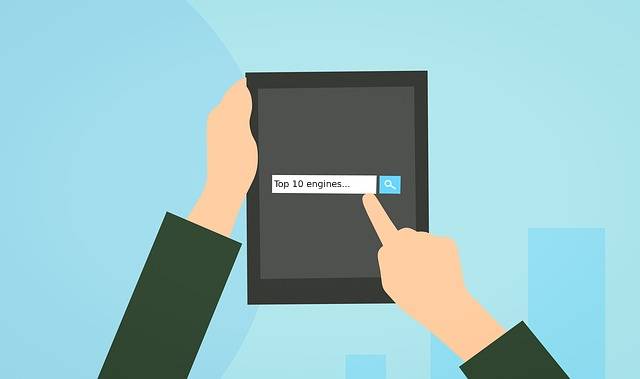Leaking Vacuum Hoses: A Factor In High Emission Problems
Find Used Engines and Transmissions for a Great Price! Live Assistant For Used Engines Call 1800-518-9776

The majority of people frequently concentrate on their car's engine and exhaust system when discussing large vehicle emissions and their effects on the environment. These parts undoubtedly play a significant role, but there is also a hidden problem that frequently goes unnoticed: leaking Hoover hoses. This blog post will go over how leaky vacuum hoses might lead to high emission issues and why it's crucial to fix this problem for the environment and the performance of your car.
Role of vacuum hoses
It's important to comprehend the function of vacuum hoses within your car before discussing the link between leaky vacuum hoses and excessive emissions. A system of plastic and rubber tubes known as vacuum hoses is present throughout the engine compartment of your car. They perform a variety of tasks, including regulating engine performance, activating extras like the power brake booster, and managing pollutants.
Contribution of leaking hoses to emissions
There are several contributing factors to a leaky vacuum hose’s non-functionality or low performance. They are,
-
Engine performance problems: Poor engine efficiency, including rough idling, reluctance during acceleration, and reduced power, can be brought on by leaking vacuum hoses. Your engine might consume more fuel to make up for these problems, which could lead to an increase in carbon dioxide (CO2) emissions.
-
Complete Combustion: Vacuum hoses play a crucial role in controlling the engine's air-to-fuel ratio. This critical balance may be upset if Hoover hoses begin to leak. Increased emissions of carbon monoxide (CO) and unburned hydrocarbons (HC) may emerge from the engine's incomplete combustion as a result of this.
-
Faulty Emissions Control: Modern vehicles come with a variety of emissions control systems, including the positive crankcase ventilation (PCV) system and the evaporative emissions systems. Vacuum hoses are necessary for these systems to work properly. These systems may malfunction as a result of leaking hoses, increasing emissions.
Signals of a leaking vacuum hose
There are a few signs that can signal a leaky vacuum system. Here are those symptoms.
-
Hissing or Whistling Sounds: A vacuum hose leak may be the cause of a hissing or whistling sound emanating from the engine compartment. When the vehicle's engine is operating, pay attention to these sounds.
-
Rough Engine Idle: A vacuum leak that is impacting the air-fuel mixture may be the cause of your engine's rough idle or excessive vibration when it is stopped.
-
Low Fuel Efficiency: Because the engine may not work as efficiently, leaking vacuum hoses may result in lower fuel efficiency. It might be time to check the Hoover hoses if you notice that you're stopping at the gas station more frequently than usual.
-
Check Engine Light: Vacuum hose leaks, among other problems, may be indicated if the "Check Engine" light on the dash illuminates. Onboard diagnostics in contemporary automobiles can find issues with the emissions control system.
-
Increased Emissions: If your car fails an emissions test, a leaky vacuum hose could be to blame. Vacuum hose leaks may cause high levels of CO, HC, or NOx emissions.
Possible Solution
Some of the possible solutions are,
-
Replace Leaking Hoses: If you notice that your vacuum hoses are leaking, you should replace them with superior hoses that meet or surpass the requirements set forth by the manufacturer of your car.
-
Professional Inspection: If you have questions about checking or changing vacuum hoses on your own, consider having your car serviced at a reputable mechanic shop.
-
Continual Upkeep: Include routine maintenance in your routine for caring for your automobile. Regular vacuum hose inspections can help you find and fix faults before they result in excessive emissions or engine performance concerns.
-
Visual Inspection: Check the vacuum hoses in your car visually first. Look for apparent deterioration, such as cracks or splits. Pay special attention to the locations where hoses attach to parts like the vacuum booster or the intake manifold.
-
Detect Leaks: Check the hoses with care, running your fingertips over them to check for any kinks or imperfections. Hoses that are leaking may hiss audibly as air escapes.
Conclusion
Finally, even though they may not be as obvious or famous as some other parts of your car, leaky vacuum hoses can have a big influence on emissions and general engine performance. You can help create cleaner air, more fuel efficiency, and a more pleasant environment by identifying the symptoms of leaky Hoover hoses and taking early measures to fix them.
At Used Engines, we want to give our customers the highest-quality products possible. Because we think that clients must be earned, we are committed to giving them the best possible service. Visit our About Us page for more information.
related
You May Also Like

Which BMW Has the Most Horsepower?
A car is useless if it doesn’t have good horsepower. Just imagine driving your car with sluggish acceleration and it drags on the road whenever you take it for a spin.
Read Article
10 Best Engines Made So Far By Top Engine Manufacturers
Over the years, the car industry has seen major changes. Car engines have become smarter and it looks like every new engine that rolls out is better than the other.
Read Article
How to Make Your Car Last Forever?
Isn’t it lovely when a new car works the way you want? The gears shift smoothly and the wheels roll without dragging against the road. But as your car gets older, you’ll notice that it doesn’t drive smoothly, has lower fuel mileage, and overheats easily.
Read Article